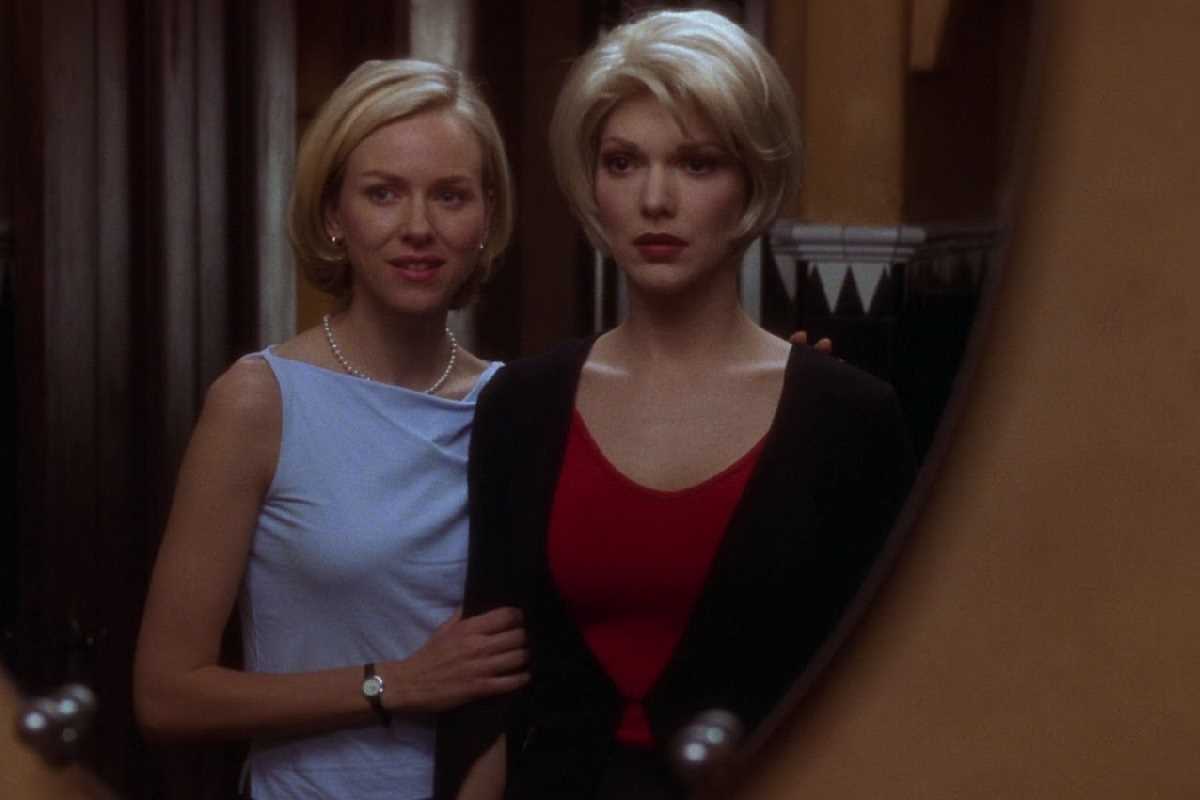The past decade in music has seen a profound shift in genres, technological advancements, and the way music is consumed. From pop to hip-hop, indie to alternative, music has continued to evolve rapidly, with artists pushing boundaries and exploring new sounds. As streaming platforms and digital technology have reshaped how music is distributed and experienced, albums have taken on new significance, with many becoming cultural touchstones. Several albums released over the last ten years have shaped the cultural landscape, influencing not just the music scene but also fashion, politics, and social movements. These are some of the past decade's most influential and genre-defining albums.
To Pimp a Butterfly by Kendrick Lamar (2015)
Released in 2015, Kendrick Lamar’s To Pimp a Butterfly is an album that transcends hip-hop, merging jazz, funk, and soul to create a revolutionary piece of work that addresses racial injustice, identity, and the struggles of black America. Widely regarded as one of the decade's greatest albums, Lamar’s ambition with this record was clear: to provide both a personal and collective voice for a generation grappling with systemic inequality.
- Innovative Sound: To Pimp a Butterfly is an experimental album that blends genres seamlessly. It incorporates jazz arrangements, funk grooves, and spoken word poetry alongside Lamar’s complex lyricism. Tracks like Alright became anthems of resistance, while The Blacker the Berry is a bold, unapologetic critique of racial oppression.
- Cultural Relevance: The album’s narrative tackles issues such as police brutality, self-worth, and the African American experience in America. It became a cultural touchstone, influencing social movements like Black Lives Matter and inspiring a new generation of artists to address political issues in their work.
- Lyrical Mastery: Kendrick Lamar's poetic approach to lyricism shines through on every track, addressing personal trauma, societal expectations, and the complexities of fame. With To Pimp a Butterfly, Lamar not only solidified his place as one of the greatest rappers of his generation but also as an artist capable of bringing about social change through his music.
folklore by Taylor Swift (2020)
In 2020, Taylor Swift released folklore, a quiet, introspective album that marked a departure from her earlier country-pop and synth-heavy records. Collaborating with Aaron Dessner of The National and long-time collaborator Jack Antonoff, Swift embraced a more indie-folk sound, creating a record that resonates with emotional authenticity and stripped-down instrumentation.
- New Sound: Folklore blends indie-folk, alternative rock, and ambient pop, showcasing Swift's ability to adapt and evolve musically. With songs like Cardigan and Exile, the album takes on a cinematic quality, with lush storytelling and evocative imagery.
- Storytelling at Its Finest: Swift's knack for songwriting has always been one of her defining traits, but folklore takes her storytelling to new heights. The album’s 16 tracks offer vivid portraits of love, heartbreak, and self-reflection, often with a nostalgic, wistful tone. Swift’s use of characters and fictionalized narratives on tracks like the 1 and mirrorball reflects her growth as a songwriter and an artist.
- Cultural Significance: folklore arrived during the pandemic, a time of uncertainty and isolation, and its introspective tone struck a chord with listeners around the world. The album became a major cultural moment, cementing Swift’s place as one of the most influential artists of the decade, able to reinvent herself and her sound while staying true to her artistic vision.
Melodrama by Lorde (2017)
When Lorde released Melodrama in 2017, she took the world by storm with an album that broke the mold of traditional pop music. Known for her haunting voice and unique blend of minimalism and electronic beats, Lorde crafted an album that captures the emotional intricacies of youth, love, and heartbreak. Melodrama is an exploration of personal and emotional depth, transcending the often superficial nature of mainstream pop music.
- Innovative Sound: Lorde's sophomore album took the introspective, melancholic style from her debut, Pure Heroine, and elevated it with lush production. Working with producer Jack Antonoff, Lorde’s sonic landscapes on tracks like Green Light and Liability combine synths, piano, and off-kilter beats to create a distinctive sound that feels both fresh and nostalgic.
- Emotional Storytelling: The album’s thematic focus on heartbreak, self-discovery, and the rollercoaster of young adulthood resonates deeply with listeners, particularly millennials and Gen Z. Melodrama is celebrated for its raw vulnerability and poetic lyricism. Songs like Writer in the Dark and Perfect Places are rich in emotional complexity, touching on themes of isolation, identity, and the search for meaning.
A Moon Shaped Pool by Radiohead (2016)
Radiohead’s A Moon Shaped Pool was released in 2016, marking a new chapter for the band as they explored even more ethereal, experimental territory. The album combines electronic, orchestral, and ambient elements, creating a haunting and introspective sound that’s perfect for the disillusioned, post-2016 world.
- Emotional Depth: The album reflects themes of loss, fragmentation, and personal turmoil, with Thom Yorke’s plaintive vocals capturing the emotional intensity of tracks like True Love Waits and The Numbers. Yorke’s voice, often paired with orchestral arrangements, creates a deeply haunting atmosphere throughout the album.
- Innovative Production: A Moon Shaped Pool is another testament to Radiohead’s boundary-pushing approach to music. The album showcases the band's continued relevance in an ever-evolving musical landscape with complex arrangements and layers of sonic experimentation. The incorporation of strings, electronic manipulation, and minimalist beats reflects their willingness to challenge traditional pop structures.
- Impact on Music: A Moon Shaped Pool is one of the more intellectual albums of the decade, and it continued Radiohead's legacy of being a band that challenges not just the norms of rock music, but the way listeners approach music itself. Its influence can be seen in the work of artists like James Blake and Bon Iver, who have also embraced experimental and emotionally charged soundscapes.
Lemonade by Beyoncé (2016)
Released in 2016, Lemonade is not just an album, it’s a cultural moment. The visual album tells a deeply personal and political story, chronicling Beyoncé’s emotional journey through themes of infidelity, betrayal, and empowerment. The album blends multiple genres, from R&B to rock, pop, and even country, showcasing Beyoncé's versatility as an artist.
- Genre-Blending Excellence: One of the standout features of Lemonade is its eclectic mix of genres. Tracks like Formation draw from hip-hop and Southern rap, while songs like Hold Up incorporate reggae and dancehall influences. This genre-blending makes the album feel both contemporary and timeless, resonating with a wide array of listeners.
- Cultural Relevance: Lemonade addresses issues of race, identity, and female empowerment, with Beyoncé giving voice to the struggles of Black women in America. It became an anthem for both the feminist and Black Lives Matter movements, further solidifying Beyoncé’s role as both a musical icon and cultural leader.
- Visual and Musical Impact: Lemonade is both a visual and auditory masterpiece. The album’s powerful music videos explore themes of healing, reconciliation, and self-realization. The album’s impact goes beyond music; it became a cultural touchstone for how music can be used to explore both personal and societal issues.
 (Image source: Lava, Republic Records)
(Image source: Lava, Republic Records) .jpeg)





